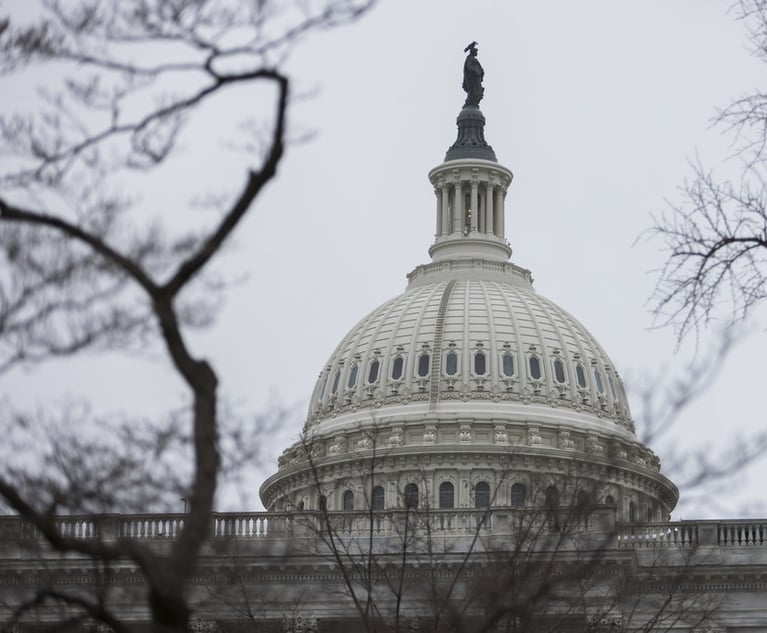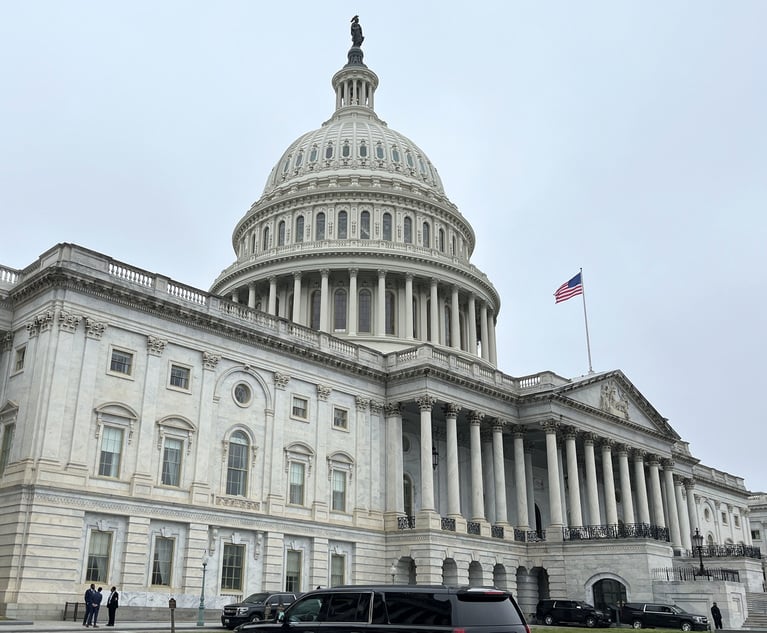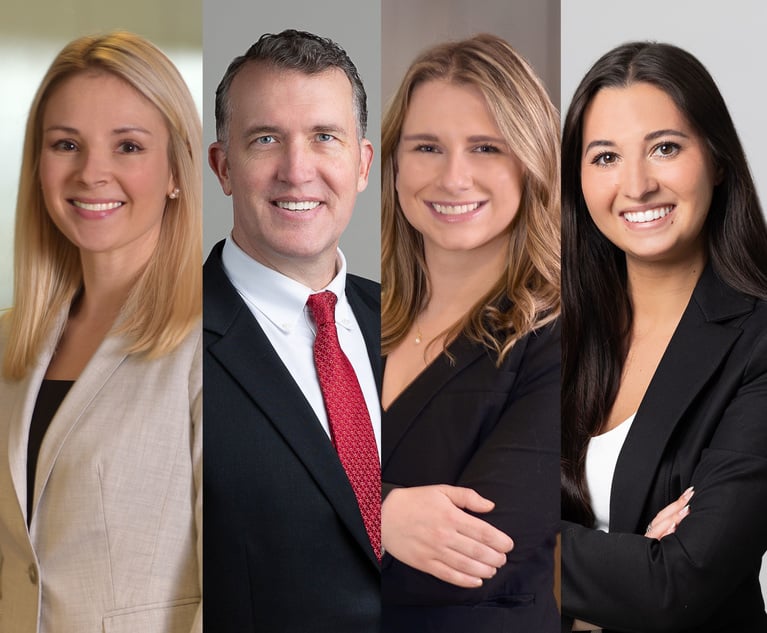Saying the property-insurance market “remains in crisis,” the state Monday asked a federal judge to toss out a challenge to a law that places restrictions on roofers.
An attorney for the Florida Department of Business and Professional Regulation disputed that the law, passed in 2021 and revised during a May special legislative session, violates roofers’ First Amendment rights. The revised version includes requiring roofers to put disclosures on advertising — a requirement that the lawsuit described as “unduly burdensome.”
The department’s 29-page motion to dismiss the lawsuit contends that the plaintiffs, the Restoration Association of Florida and Apex Roofing & Reconstruction, LLC, have not shown legal standing to pursue such claims.
“Additionally, they do not allege anything about any particular door hangers, business cards, magnets, or flyers that would suggest that the mandatory disclosures would be unduly burdensome if incorporated into those written materials,” wrote David Axelman, general counsel for the department, whose secretary, Melanie Griffin, is a defendant in the case.
Roofing claims have been a key issue as lawmakers and other state leaders have grappled with widespread problems in the property-insurance system that have included insurers dropping customers and seeking large rate increases. Insurers blame questionable, if not fraudulent, roof-damage claims for driving up costs and contributing to financial losses.
Lawmakers in 2021 passed a measure (SB 76) that placed a series of restrictions on roofers, including seeking to prevent roofing contractors from soliciting homeowners to file insurance claims through a “prohibited advertisement.” The law defined a prohibited advertisement as “any written or electronic communication by a contractor that encourages, instructs or induces a consumer to contact a contractor or public adjuster for the purpose of making an insurance claim for roof damage. The term includes, but is not limited to, door hangers, business cards, magnets, flyers, pamphlets and emails.”
After that advertising restriction was blocked on First Amendment grounds in a separate lawsuit, the Legislature in May revised it. As part of a broader insurance bill (SB 2-D), lawmakers required advertisements to include disclosures about issues such as informing consumers that they are required to pay any deductibles and that it is fraudulent to file insurance claims that include false or misleading information. Advertisements that do not include the information would be considered prohibited.
The Restoration Association of Florida and Apex Roofing & Reconstruction filed their lawsuit in 2021 and an amended version June 27. They said the restrictions violate First Amendment rights related to issues such as advertising and being able to advise homeowners about insurance coverage.
“(The) disclaimers also constitute forbidden content discrimination under the First Amendment because it imposes, solely on a small set of commercial speakers — roofing contractors — compelled speech that, if otherwise valid, is equally applicable to a wide range of commercial actors, including doctors, automobile repair shops, and other property repair and remediation companies, about payments of insurance deductibles and fraudulent insurance claims,” the lawsuit said.
Also, the plaintiffs targeted part of the law that prevents roofing contractors from interpreting “policy provisions or advising an insured (customer) regarding coverages or duties under the insured’s property insurance policy or adjusting a property insurance claim on behalf of the insured, unless the contractor holds a license as a public adjuster.”
“The prohibition is so comprehensive that, by its terms, a roofing contractor may not advise an insured that its roof damage is probably covered by their policy and that they should call their insurer to check on that or that the policy permits the homeowner to assign benefits to the roofing contractor, a mechanism that allows the roofing contractor to step into the shoes of the insured and make the claim directly to the insurer for the covered repair,” the lawsuit said.
But in Monday’s motion to dismiss the case, the state disputed the plaintiffs’ arguments, saying they were based on a “misreading” of the law. In particular, the state took aim at the argument about assigning benefits — a longstanding practice in which homeowners sign over benefits to contractors, who then seek payment from insurance companies.
“The existence of a right to assign benefits plainly is not a matter of insurance coverage, the latter of which involves a determination whether a particular loss is covered under a policy,” the motion said. “Nor does the information that plaintiffs allegedly provide constitute the ‘interpretation’ of a policy.”
The motion, which will be considered by U.S. District Judge Allen Winsor, also sought to highlight the reasons that lawmakers passed the roofing restrictions.
“The Legislature (in 2021) was particularly concerned with certain business practices that have become increasingly prevalent in the roofing industry and to which the Legislature attributed a sharp increase in roof-related insurance litigation and in inflated or otherwise fraudulent roof claims,” the motion said. “The Legislature’s solution took the form of (the law), which prohibits certain property insurance-related practices by contractors. A year later, Florida’s property insurance market remains in crisis — so much so that the governor called a special legislative session to address it.”
NOT FOR REPRINT
© 2024 ALM Global, LLC, All Rights Reserved. Request academic re-use from www.copyright.com. All other uses, submit a request to [email protected]. For more information visit Asset & Logo Licensing.


 Credit: brizmaker/Shutterstock
Credit: brizmaker/Shutterstock




